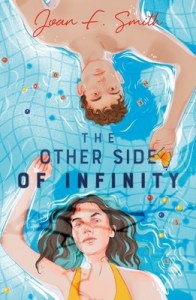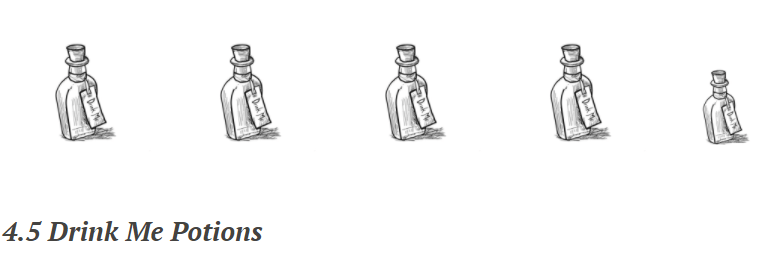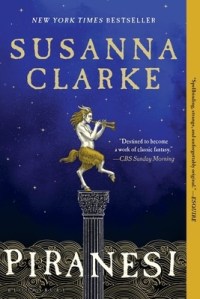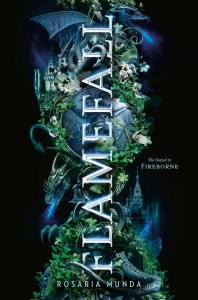
They Both Die at the End meets The Butterfly Effect in this YA novel by Joan F. Smith, where a teen uses her gift of foreknowledge to help a lifeguard save a drowning man―only to discover that her actions have suddenly put his life at risk.
It was supposed to be an ordinary day at the pool, but when lifeguard Nick hesitates during a save,
seventeen-year-old December uses her gift of foreknowledge to rescue the drowning man instead. The action comes at a cost. Not only will Nick and December fall in love, but also, she envisions that his own life is now at risk. The other problem? They’re basically strangers.
December embarks on a mission to save Nick’s life, and to experience what it feels like to fall in love―something she’d formerly known she’d never do. Nick, battling the shame of screwing up the rescue when he’s heralded as a community hero, resolves to make up for his inaction by doing December a major solid and searching for her mother, who went missing nine years ago.
As they grow closer, December’s gift starts playing tricks, and Nick’s family gets closer to an ugly truth about him. They both must learn what it really means to be a hero before time runs out.

Overall Recommendations:
The Other Side of Infinity packs a punch while also drawing a more reflective side in its readers. Following an intriguing protagonist who knows everything, past and future, I loved learning how December sees the world while also figuring out what happened to her mother, the one thing she didn’t know. Balancing both complexities in character with an underlying plot driving the story, there’s something about this book that stays with you long after the final page is turned. A definite must read!

**The Other Side of Infinity comes out April 25, 2023**
Thank you SparkPoint Studio for this copy in exchange for an honest review
What would you do if you knew everything that has happened, and everything that has yet to pass? Do you let these events occur as you know it will, or do you wish you could be more than just a passive observer, especially for bad events?
That’s something that was super interesting about our omniscient protagonist, December. All her life she knew what has happened to other people, both present and past, as well as events directly related to her. Knowing something will happen is largely different from feeling what it would be like in that moment when it is about to happen. And that is how December finds herself changing events by her interactions with Nick.
Before I dive more into Nick and December’s story, I just want to say that Joan made such an interesting analogy about December’s ability. It’s hard to understand from her perspective otherwise, but comparing each memory or event to a gumball in a large jar was super helpful. December just happens to have access to more than only her own past gumballs, but also everyone’s that she can mentally search through if she wanted. I love that analogy and it made December’s POV very enjoyable to read.
The storyline with Nick was what I anticipated. The only reason why this isn’t a 5 star read is the rapidness of their growing relationship. When December knows they’re going to fall in love and Nick just fell super hard super quickly, it doesn’t leave us much room to allow feelings to grow organically with these two at the pace they did. However, I did end up loving their relationship and how they each tried to help the other in their own way.
There is one major plot line focused on each of them. Nick’s guilty conscience as a hero when he might not have deserved all that praise alone took perhaps too much page time, especially the lead up to the big reveal for whatever event in his past that further aggravated his feelings of guilt in the present. I feel more time could’ve been given instead to December’s missing mother, the big Blank Spot among her gumballs of knowledge. What happened to her and why is anything related to her disappearance missing in her ability? I didn’t feel this wasn’t focused nearly as much, and the resolution left me yearning for more.
That being said, I don’t want to give away anything more, but I will add that I enjoyed the ending. I thought it was fairly predictable – if you know other books and what this one is being compared to – but I thought it was perhaps a lovely way of bringing this book to an end. Do I wish for more? Sure. It felt a bit rushed and abrupt at the end with no real build up to this climactic peak, but perhaps that’s just how things were meant to be.
I wasn’t sure what to expect from this book when I first jumped into it, but I can say it was hard to put down and I’m still processing all of my feelings now that I’m done. I fervently hope you give this book a chance when it comes out! It just may surprise you like it did for me.



